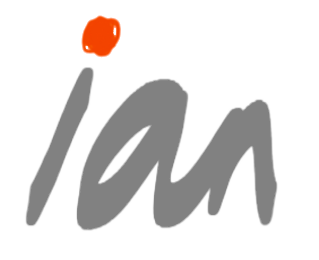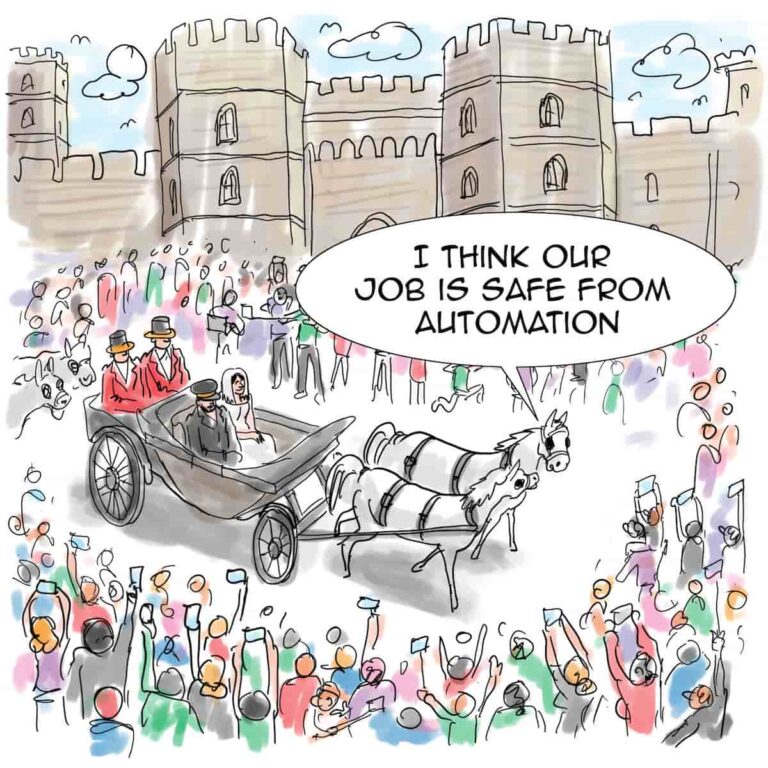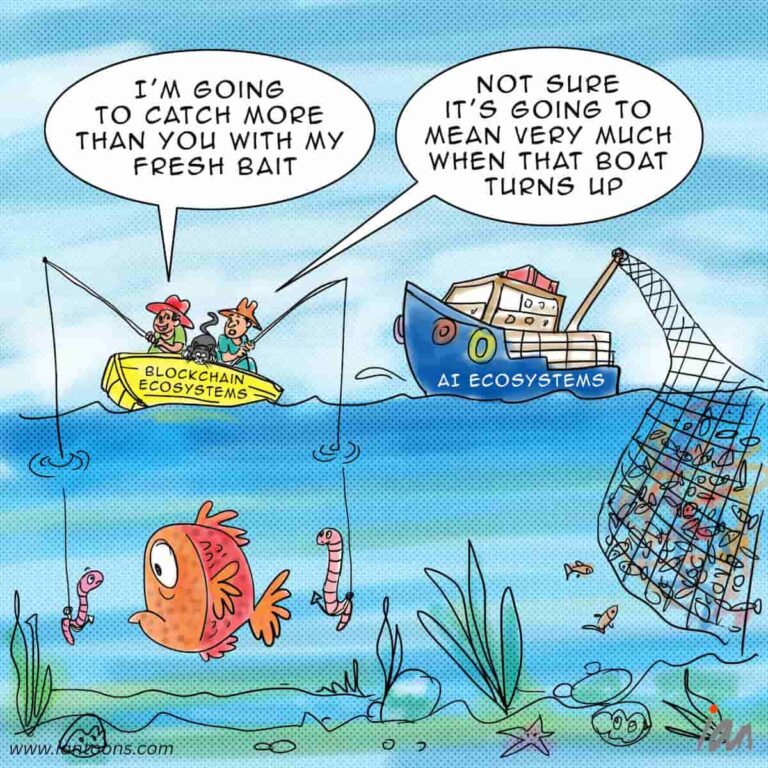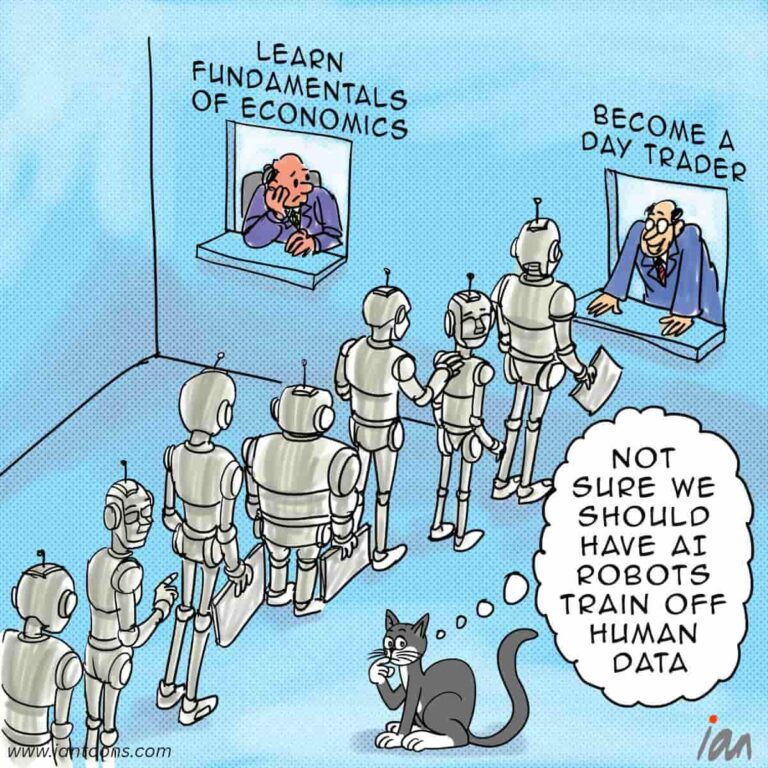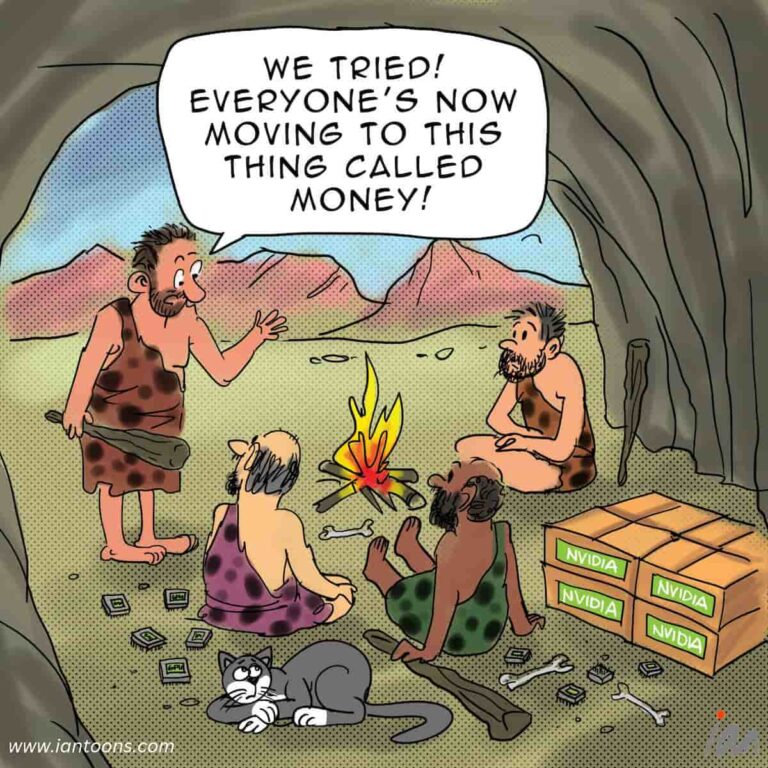Scientific Method
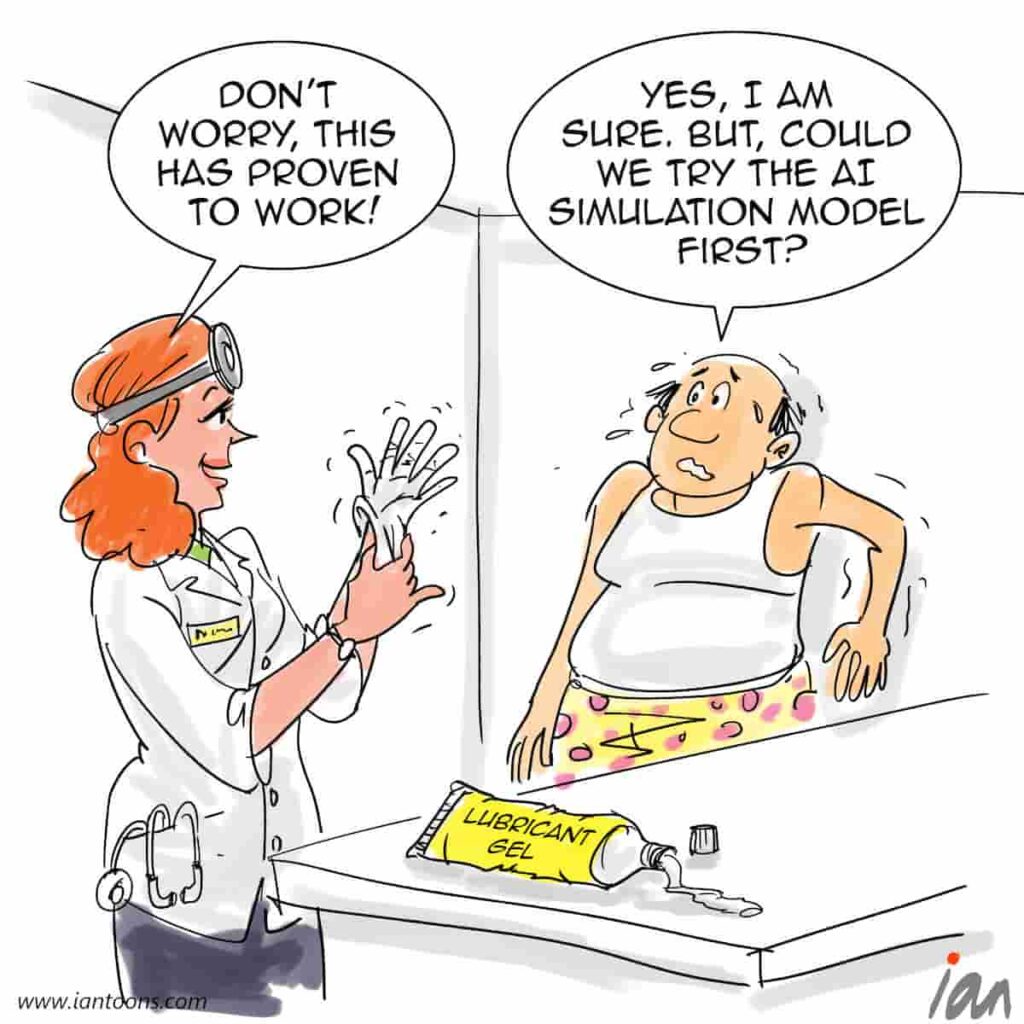
“Scientific Method” – a cartoon that illustrates how AI is positively helping to improve medicine.
Healthcare has been one of the beneficiaries of AI, with primary care physicians using AI from helping to take their notes to analyzing x-ray results.
Cutting back on administrative tasks can have a real impact on frontline healthcare support, for example, the American Medical Association found the average US nurse spends 25% of work time on regulatory and administrative activities.
AI is now also expanding into the development of unexplored medicine.
Historically, scientists had to manually test how compounds impact the body by using real-life cells. But, success in drug development (defined as phase I clinical trials to drug approval) is very low across all therapeutic categories worldwide with, for example, 97% of the cancer drugs failing during clinical trials.
AI can now automate that process, cutting costs and time.
These advancements have the potential to reshape the pharmaceutical industry by helping researchers find new uses for various compounds.
For example, if models get better at understanding the underlying makeup of protein structures, they could help scientists create new proteins for specific tasks, like killing off cancer cells.
Yet, Dr Eric Topol, author of Deep Medicine, thinks “the greatest opportunity offered by AI is not reducing errors or workloads, or even curing cancer: it is the opportunity to restore the precious and time-honored connection and trust—the human touch—between patients and doctors.”
8
0
0
